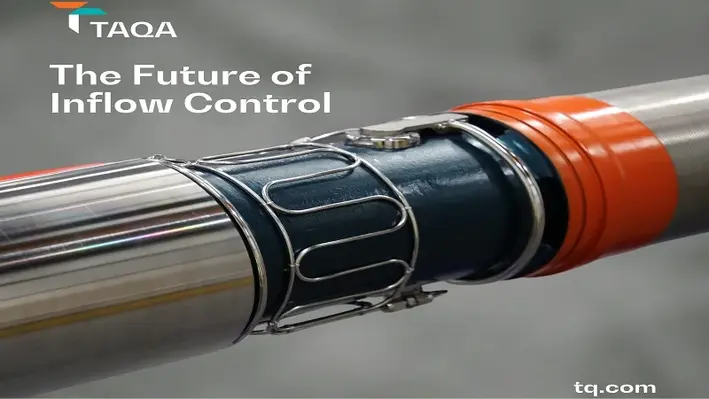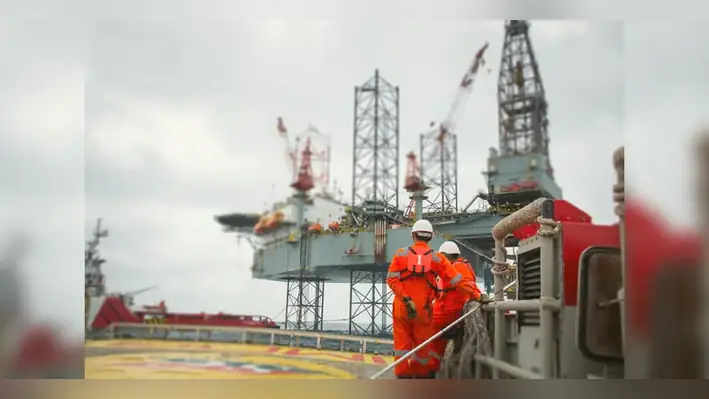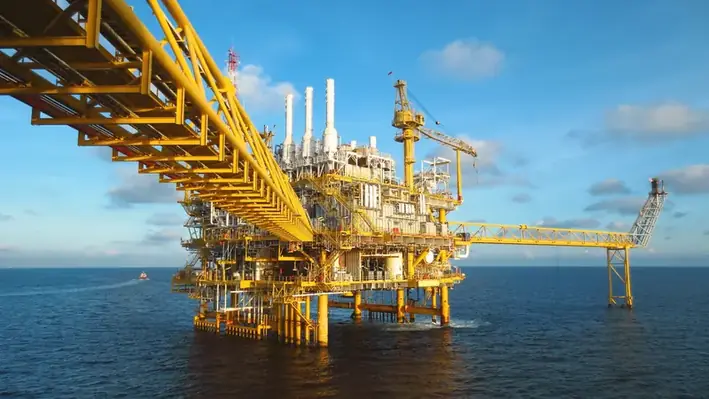
TAQA, an international company offering leading well solutions for the energy industry, has revealed the next-generation inflow control system.
The M4 Inflow Control System dictates the flow of undesired fluid (such as water and gas) and avoids any binary (open/close) effect that can result in instability or even stop production. Enabling operators to optimise their reservoir performance while sustainability managing fluid production, the new system excels in controlling water in ultra-light and light applications and enhances gas production control, providing stability and flexibility in diverse reservoir conditions.
Supercharging reservoir performance
“With the largest portfolio of inflow control systems more than 20 years of inflow control devices expertise, the M4 Inflow Control System represents the pinnacle of our innovation so far,” remarked Mojtaba Moradi, subsurface engineering manager of TAQA. “This new generation offers water control by gradually reducing inflow as water production increases, avoiding premature well shut in.
“Its main benefit is precision control based on reservoir production. The device allows operators to maximise output without risking shutting wells in, so they can manage production continuously and efficiently, which translates into obvious financial benefits.”
According to TAQA, the M4 Inflow Control System technology incorporates an advanced pilot control system that is super sensitive to density, making it suitable for a wide range of oil types, including ultra-light, light, medium, and heavy oils. It also features advanced multi-phase control, allowing the device to perform independently of its orientation in the wellbore.
TAQA also offers a ‘plug and play’ integration with its full portfolio of inflow systems and has been built to optimise performance in all types of wells in all reservoir types. Additional operational features such as last-minute capacity change, and the ability to circulate to the bottom have also been incorporated into the design.
Although not limited to any oil viscosity, so far, the system has demonstrated excellent performance with oil viscosities as low as 0.5cP tested together with water to define the operating and control points at various water cuts. A full qualification matrix of debris, erosion and cycle testing has also been completed.




